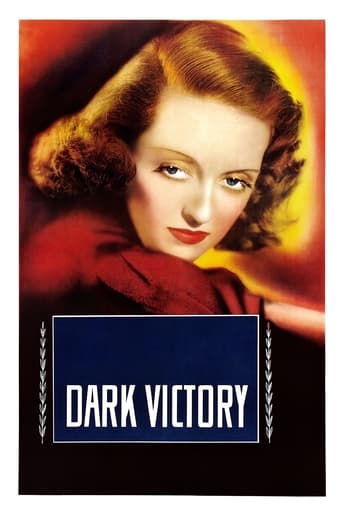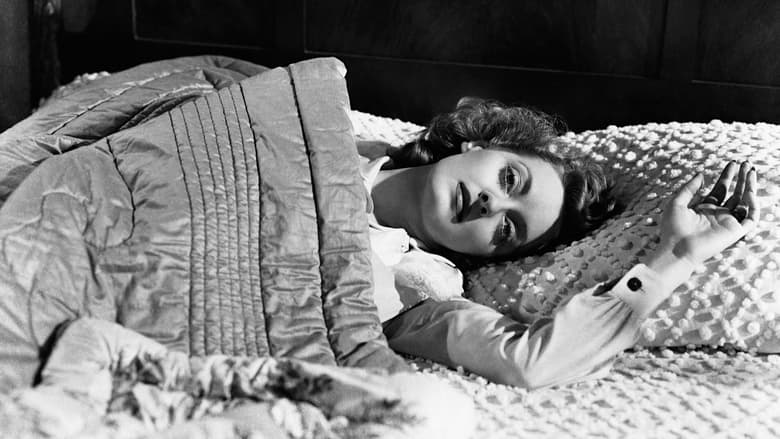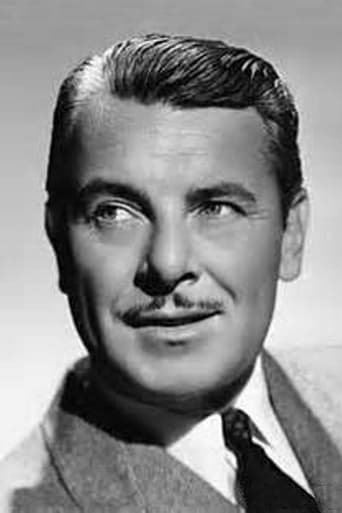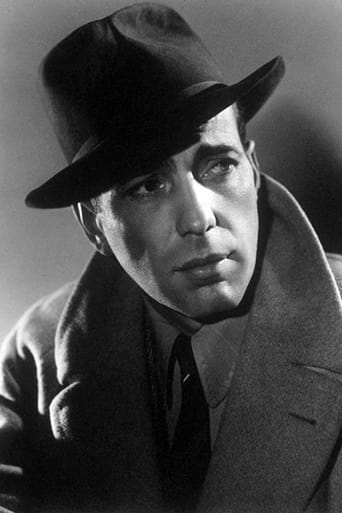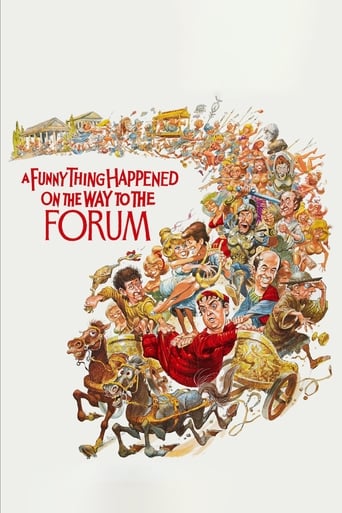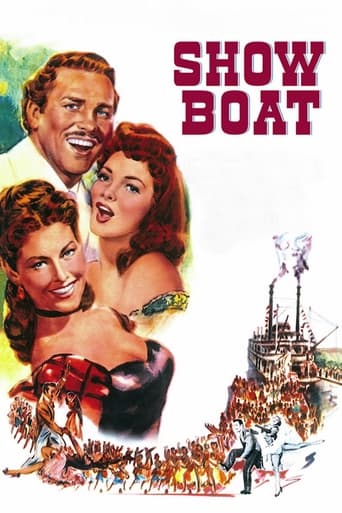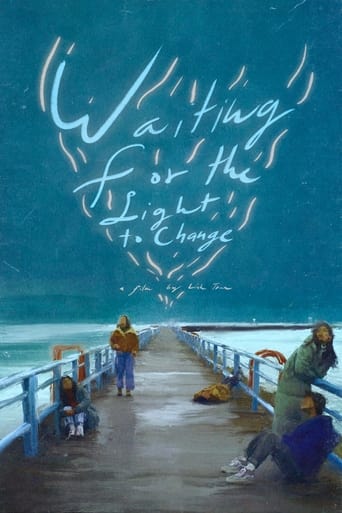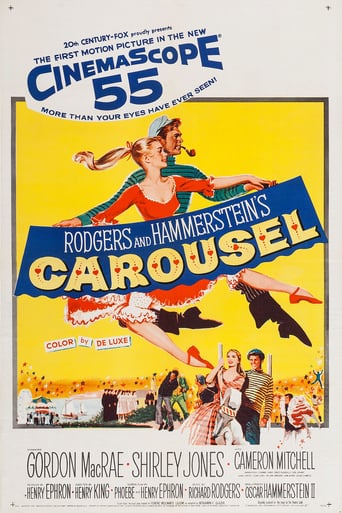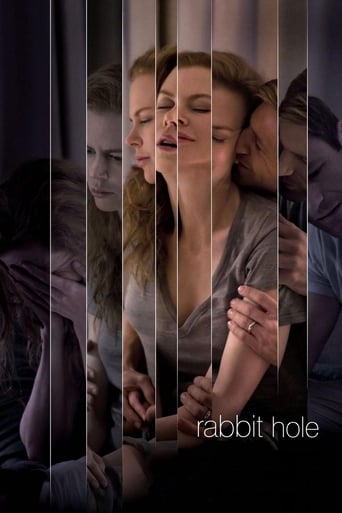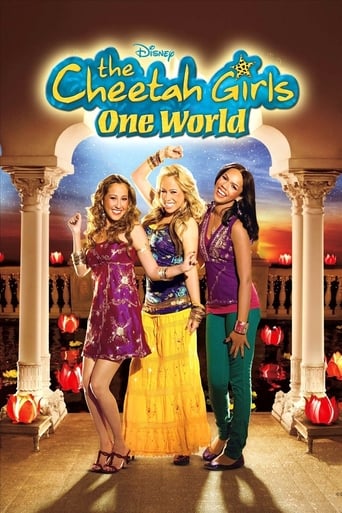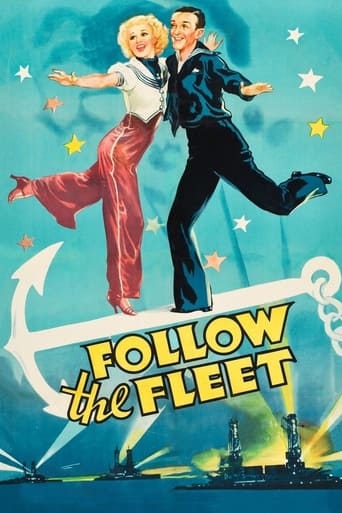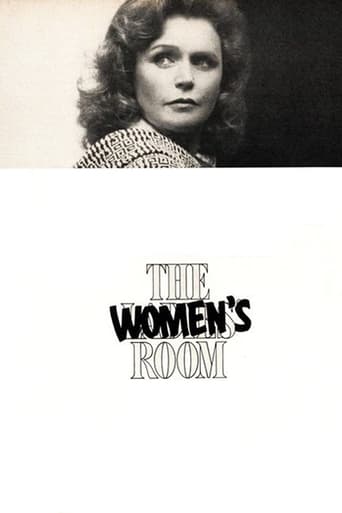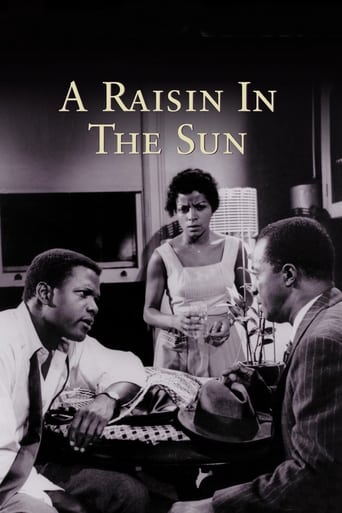Dark Victory (1939)
Socialite Judith Traherne lives a lavish but emotionally empty life. Riding horses is one of her few joys, and her stable master is secretly in love with her. Told she has a brain tumor by her doctor, Frederick Steele, Judith becomes distraught. After she decides to have surgery to remove the tumor, Judith realizes she is in love with Dr. Steele, but more troubling medical news may sabotage her new relationship, and her second chance at life.
Watch Trailer
Free Trial Channels
Cast


Similar titles
Reviews
Simply A Masterpiece
A different way of telling a story
True to its essence, the characters remain on the same line and manage to entertain the viewer, each highlighting their own distinctive qualities or touches.
A clunky actioner with a handful of cool moments.
I don't understand the wording of the title. Near the end, Bette says something about they(she and George Brent) had achieved a victory over darkness, presumably meaning despair over her certain impending death from glioblastoma cancer. Before her diagnosis, she had been a carefree, wealthy, heiress, only interested in entertaining herself and friends. After the said successful operation, she returned to her old self for awhile, until she happened upon the folder with details of her case. She was livid at the deceit of her surgeon and lover: Dr. Steele(Brent) and her best friend , Ann King(Geraldine Fitzgerald). After a period of telling sarcasm and extreme hate, she finally realized that they were trying to do her a favor. Bette had her favorite leading man and sometimes lover present in Brent, who costarred with her in eleven films. He had a disquieting way of staring at a person before acting or speaking. Bogie, as her longtime horse trainer, had a very subsidiary role, revealing, during Bette's period of despair, his suppressed love for her. My cousin died of this incurable cancer not long ago. He was lucky he experienced minimal symptoms before succumbing. Even for those who experience some of the symptoms, it's a relatively brief and painless cancer, and some remarked that they might wish to die of this disease.
In truth DARK VICTORY has a soggy story of the impending death of Judith Traherne (Bette Davis), an energetic socialite diagnosed with an incurable brain disease. Nor is the film helped by a wooden performance from costar George Brent, who seems more worried about stealing Davis's limelight rather than creating a coherent portrait of a hotshot surgeon falling in love with his patient.On the other hand viewers have much to savor in Davis's performance. She begins the film full of nervous energy, as she desperately tries to prove to herself and her friends that she is perfectly healthy apart from occasional headaches. Her movements are abrupt, almost bird- like as she moves across the frame, unable to keep still for one moment.It is only when Dr. Steele (Brent) takes her under his medical wing that her condition improves. She becomes almost childlike as she willingly agrees to have her nerves tested. The doctor taps her knees and her elbows and she laughs girlishly, almost as if such treatment was not something she had experienced for a long time.In the film's third movement, once she discovers her true condition, Davis resembles a galleon in full sail. Her drunk sequence in an upmarket restaurant reminds us of her memorable performance as Margo Channing in ALL ABOUT EVE: no one, not least Dr. Steele and her best friend Ann (Geraldine Fitzgerald) can stand in her way.At length, however, Judith comes to accept her fate and enjoy her last days in peace. She marries Steele, and the two of them decamp to Vermont where she enjoys cultivating her garden and acting the part of an embryonic homemaker. The end, when it strikes, is sudden: Judith clasps her hands to her head and moves slowly up to her bedroom where she lies on the bed and awaits death to the accompaniment of heavenly choirs. Davis's face becomes still, almost beatific; a testament to her versatility as a screen performer.Beside her performance, no one really has much of a chance. Fitzgerald carries off the thankless role of the best friend with aplomb, while Humphrey Bogart (in one of his last supporting roles before stardom beckoned) makes a passionate stable-hand. But DARK VICTORY is very much Davis's picture, and she takes her opportunity to dominate our attention with both hands.
. . . are not enough to break GONE WITH THE WIND's 1939 Oscar lock, let alone save Bette Davis. Ronald Reagan, Henry Travers, and Humphrey Bogart play third fiddle here to Davis and George Brent (as Doc Fred). Betty's "Judy Traherne" character is a definite One Per Center. DARK VICTORY's main theme is that even the 1% die, one time each, just like we 99%. How sad. In her 23 or 24 years on this Earth, Judy drinks and smokes enough for any two centenarians. She gets her pick of brain surgeon, halfback, or Captain Queeg, and naturally pairs off with the first mentioned. For his part, after fiddling around with Judy's Gray Matter, Fred concludes, "What's not to like?" As Judy declares towards her end, she's "the lucky one." While everyone else is concerned with cooking meals, paying bills, training horses, and curing brain cancer, Judy's seven daily chores on behalf of the One Per Cent are horses, dogs, shooting, yachting, travel, parties, and gossip. Since many of these activities are not becoming for folks pushing 25, Judy's timing is perfect.
Bette Davis' personal favorite amongst her films this lovely picture is kept from slipping into melodrama too deeply by her insightful work. True she gets her big flashy moments but it is her quiet simple ones that score the most with the viewer in their understated simplicity. A flop on stage for Tallulah Bankhead this has what that didn't in the character of the faithful friend Ann, played beautifully by Geraldine Fitzgerald, who can rail at the fates so Bette's character Judy doesn't have to bemoan her troubles and seem a self pitying crybaby. Instead she is a life loving dynamo caught in a tragic situation who meets the challenge and finds peace. George Brent is adequate, as always, but even a stronger leading man would have been put in the shade by Bette here in what is one of her best if not the best performance in a career filled with so many. Reagan, an actor of limited skill, is the most relaxed and likable he would ever be on screen. Humphrey Bogart's Irish stable hand isn't quite the blight on a work of art that he himself considered it but there is not question that he is miscast and he sticks out like a sore thumb. A wonderful film with an ending that is wrenching and deeply beautiful at the same time.

